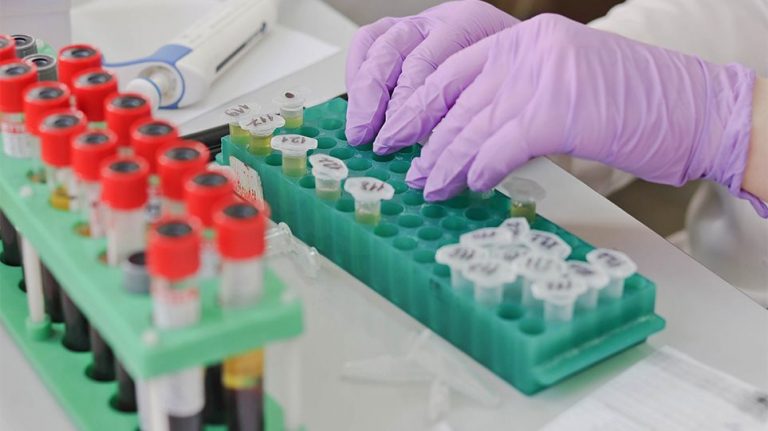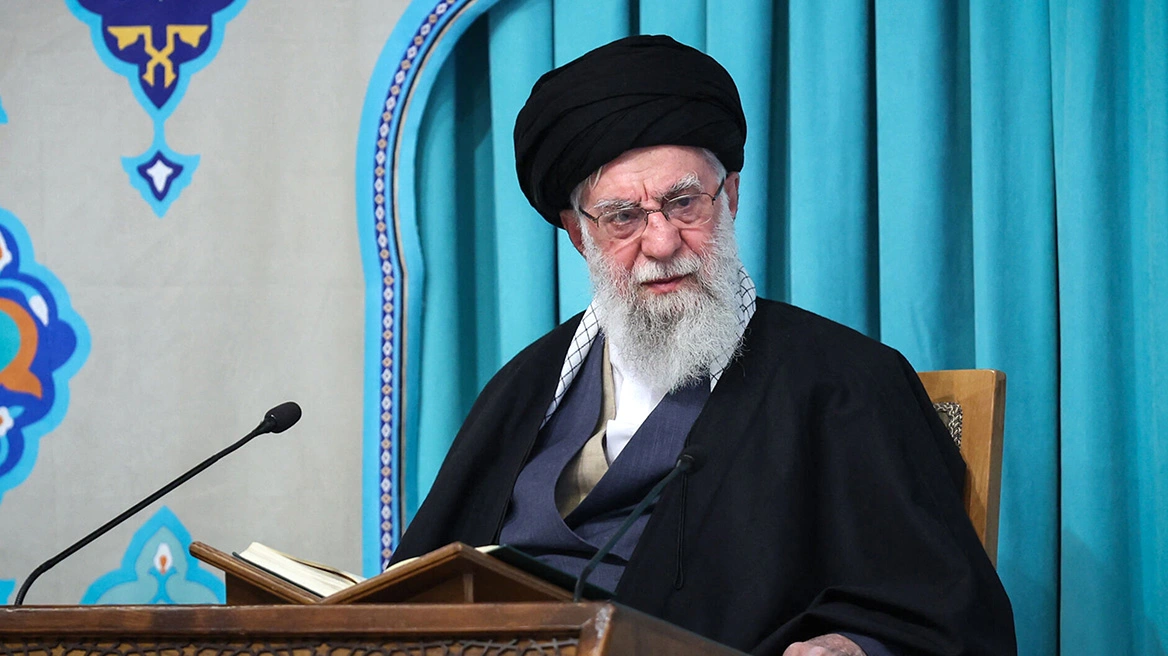A new type of immune cell that kills almost all cancer cells has been accidentally discovered by British scientists, who – though still early – are optimistic that their discovery may prove to be a cure for cancer in the future. The effectiveness of the treatment stil needs to be confirmed after clinical trials in humans.
Researchers at Cardiff University School of Medicine, led by Professor Andrew Sewell, from Cardiff University’s School of Medicine, who published the study in the journal Nature Immunology, analysed samples from a Welsh blood bank, looking for immune cells when they stumbled on a new type of T-cell with significant antitumor capabilities.
The cell has a previously unknown receptor type (TCR) that allows it to recognise and target cancer cells exclusively, ignoring healthy cells, through a mechanism that is not yet clear to scientists. Subsequent laboratory studies have shown that these immune cells destroy cancers of the skin, blood, intestine, breast, bone, prostate, ovaries, kidneys and cervix.
T-cell therapies for cancer – where immune cells are removed, modified and returned to the patient’s blood to seek and destroy cancer cells – are the latest paradigm in cancer treatments.
The most widely used is known as CAR-T and is personalised to each patient. However, it only targets a limited number of cancers and has not been successful for solid tumours, which make up the majority of cancers.
It recognises a molecule present on the surface of a wide range of cancer cells, and normal cells, and is able to distinguish between healthy and cancerous cells – killing only the latter.
Ask me anything
Explore related questions





